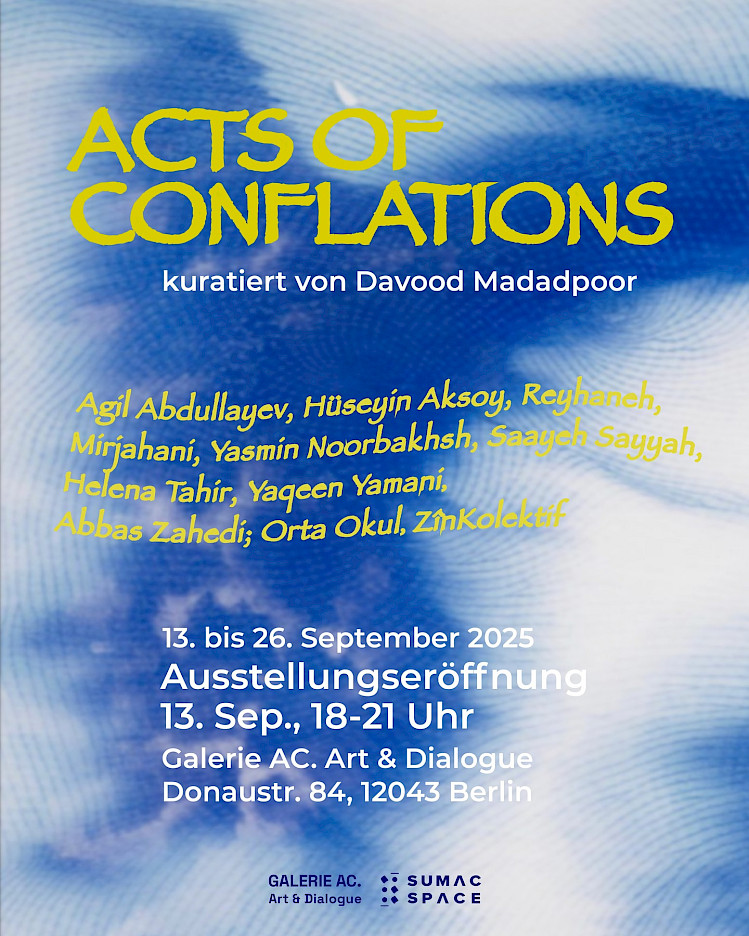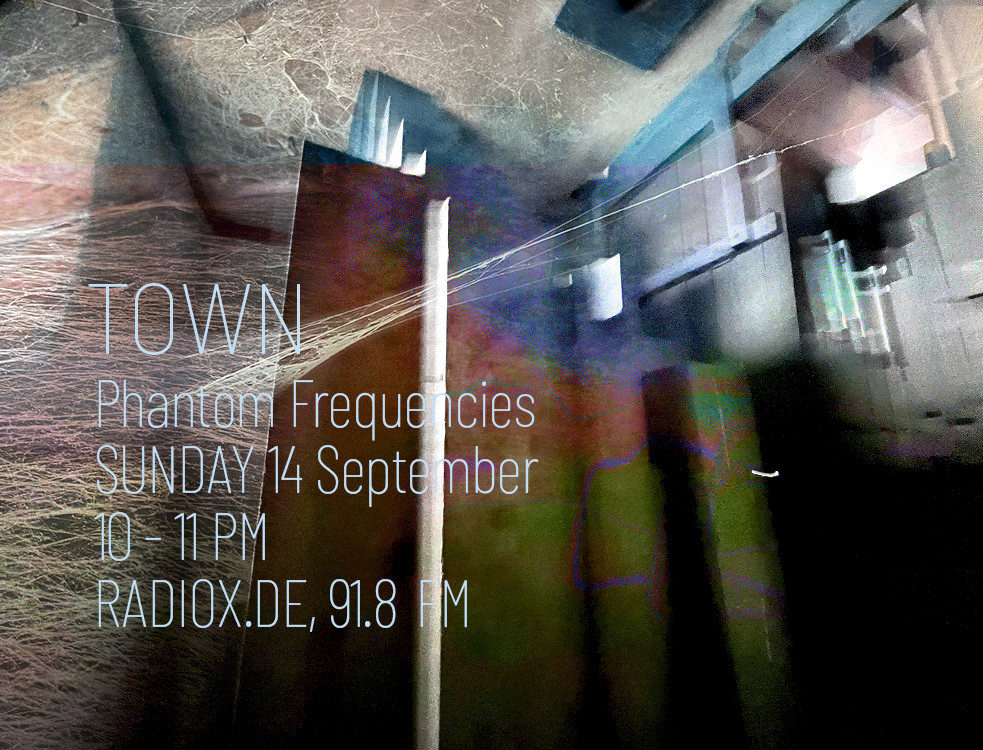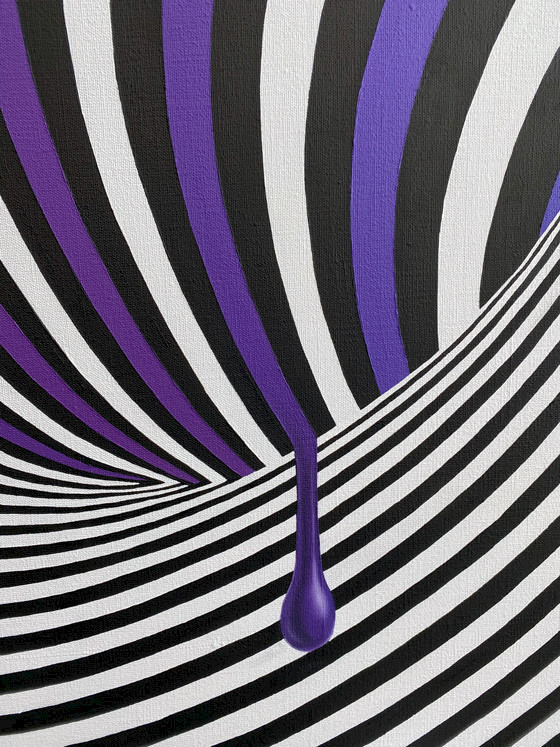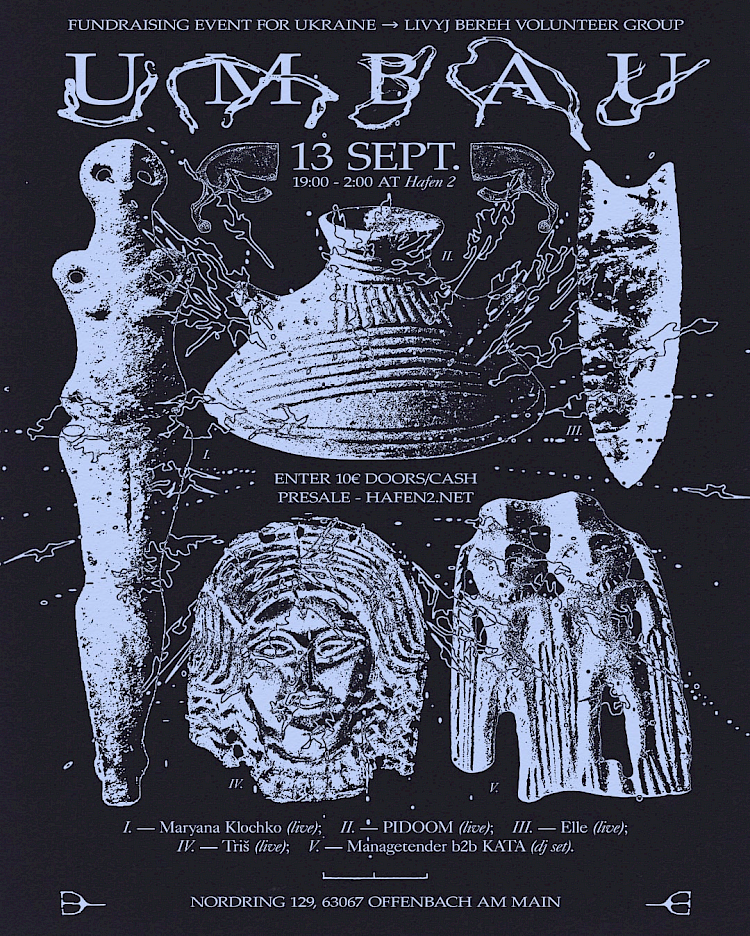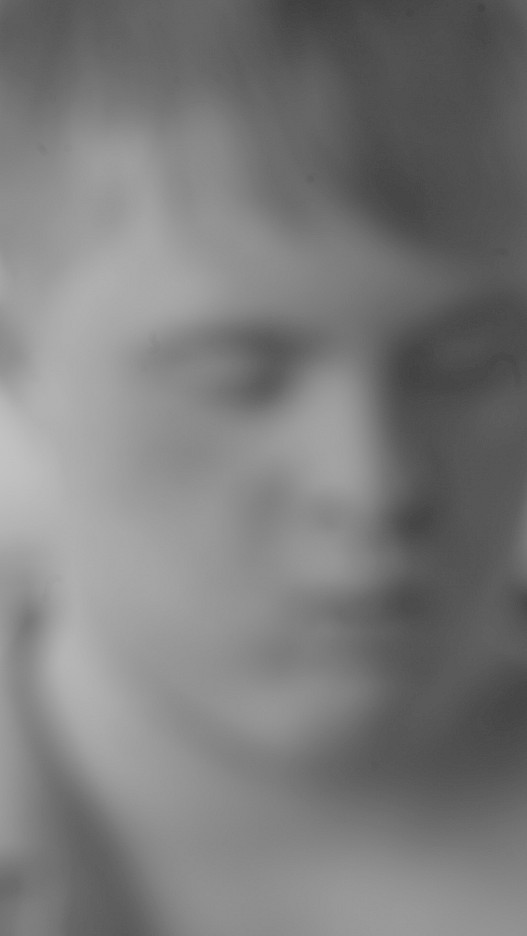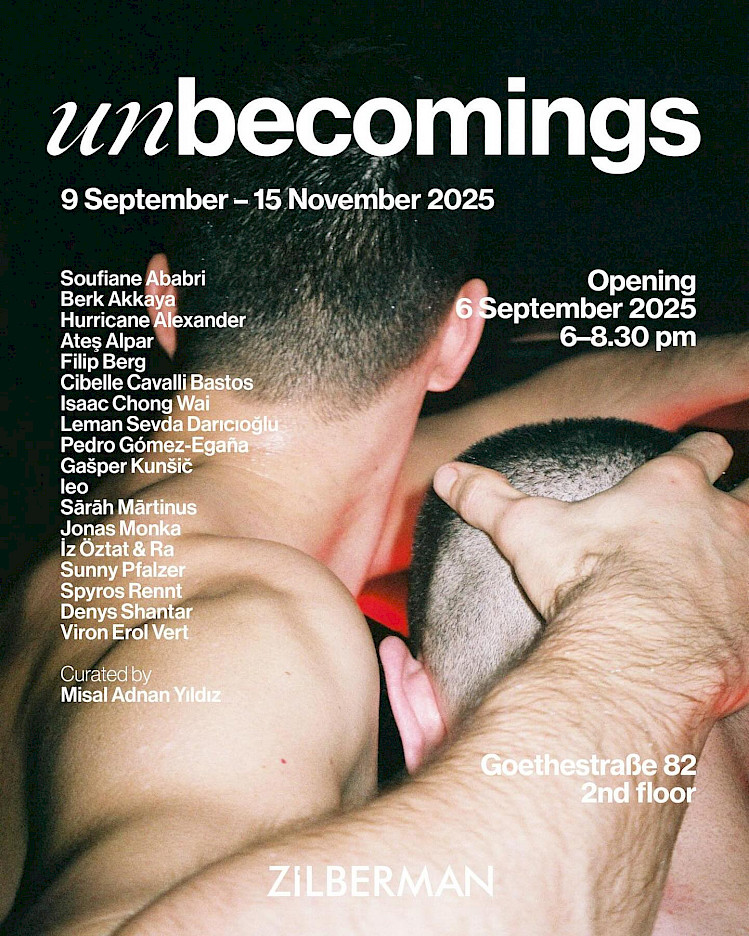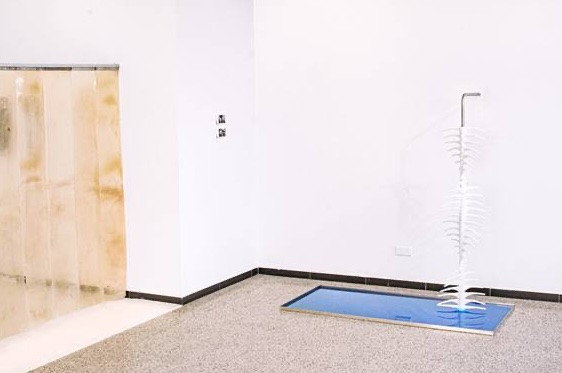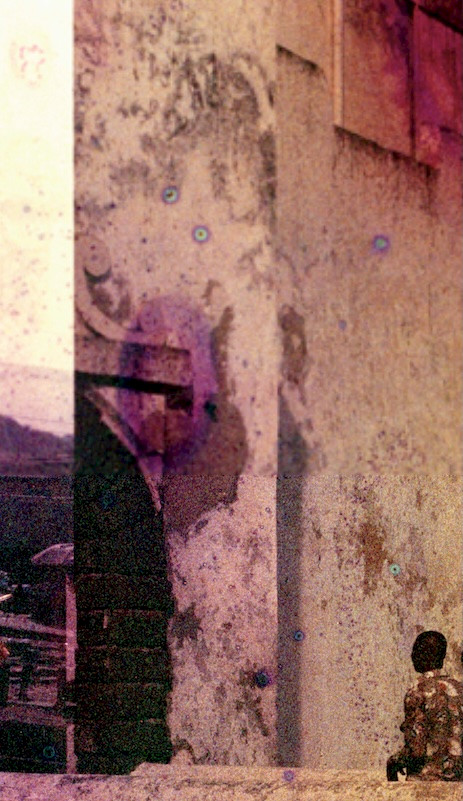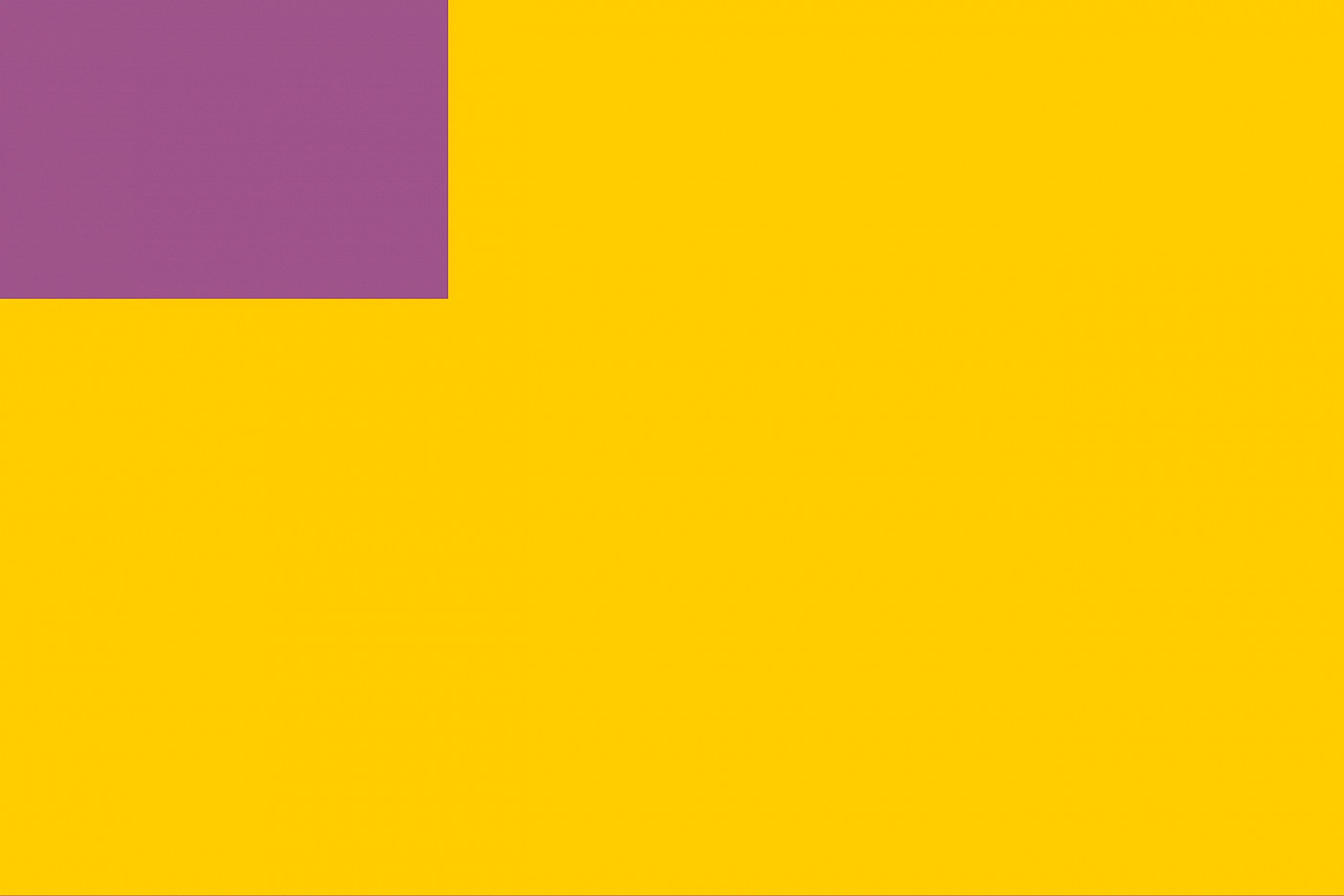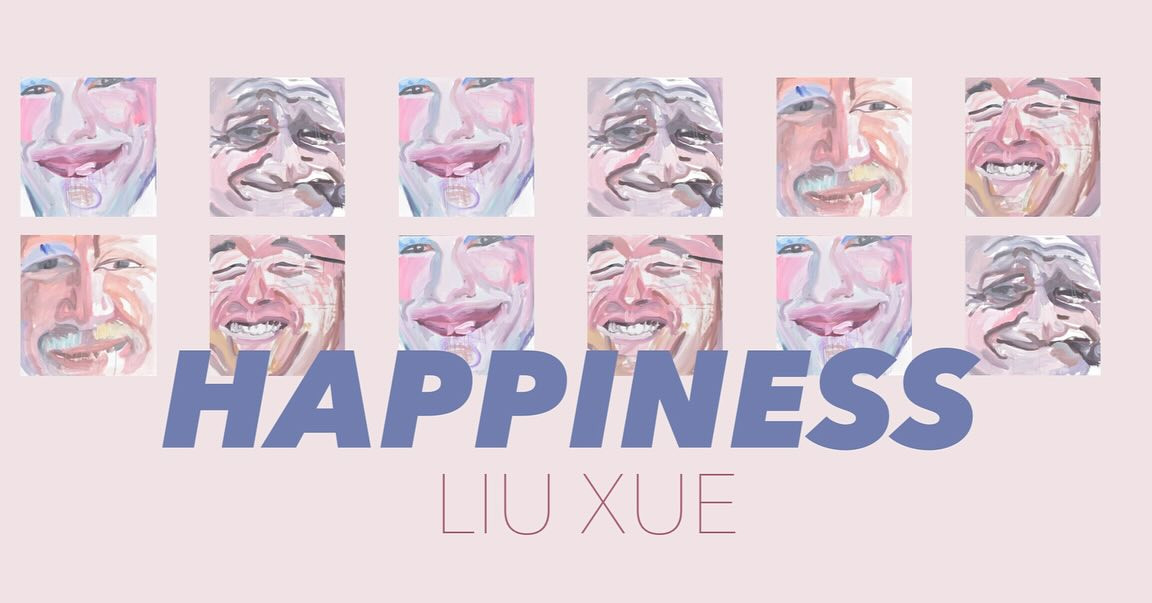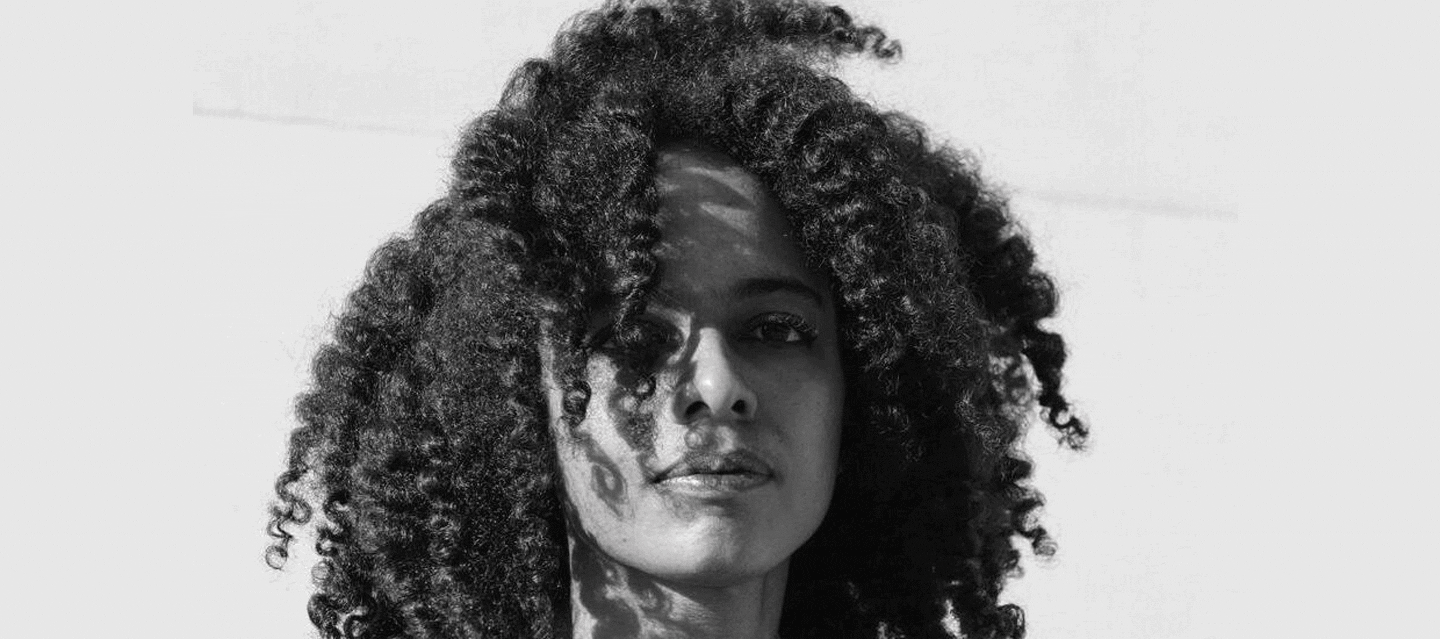Villa Romana
Via Senese, 68
50124 Firenze FI
Italy
The two selected jurors of the Villa Romana Prize 2023—artist Emeka Ogboh and curator and publisher Chiara Figone—met this summer in Florence in the presence of the incoming director Elena Agudio, as well as a member of the managing committee of Villa Romana e.V.
Villa Romana e.V. would like to thank the jurors for their decision. The four selected artists are: Samuel Kortey Baah, Diana Ejaita, Jessica Ekomane, and Pınar Öğrenci. Responding to the proposal elaborated by Agudio to conceive Villa Romana “ as a home for crafting tools and practices to face times that ask of us a radical and planetary repair of an asymmetric world", and her urgency to reflect on the possibility of understanding "institutions as archives and infrastructures in which diasporic (be)longing can be heard, discussed and expressed,” the choice of the four artists clearly carries the possibility to begin realizing this agenda.
With artistic investigations grounded in an understanding of art “in the expanded field,” the jurors have privileged practices focusing on sound as a space for knowledge production and transformation (Jessica Ekomane), on illustration, textile, and fashion design as a way to tell stories as a child of the diaspora (Diana Ejaita), on filmmaking and the intersected possibility of developing strategies of radical conviviality to reflect on forms of displacement and repair (Pınar Öğrenci), and on decolonial processes of the decanonisation of Western iconography (Samuel Kortey Baah).
The jurors also chose to support the possibility of transgenerational exchange as a fundamental ground for reciprocity and mutual learning, with artists from very different generations and stages in their careers. Villa Romana is happy to announce that the jurors will play a continuous role throughout the residencies, supporting the artists and thus also establishing a new longer-term relationship between the jurors and the institution.
Jessica Ekomane was born in France and lives in Berlin. She creates situations where the sound acts as a transformative element for the space and the audience. Her ever-changing and immersive sonic landscapes are grounded in questions such as the relationship between individual perception and collective dynamics or the investigation of listening expectations and their societal roots.
Samuel Kortey Baah was born in Ghana and lives between Kumasi and Frankfurt. He is currently pursuing his MFA at the Department of Painting and Sculpture KNUST (Kumasi, Ghana) and is an exchange student in Städelschule, Frankfurt. The artist is a member of three collectives, blaxTARLINES, Commune6x3, and a co-founder of the Asafo Black Collective. He works with post-colonial histories, religious iconographies and experiments with organic materials.
Pınar Öğrenci was born in Van (Turkey), and she lives and works in Berlin and Istanbul. She has a background in architecture, which informs her poetic and experiential video-based work and installations that accumulate traces of “material culture” related to forced displacement across geographies. Her works are decolonial and feminist readings from the intersections of social, political and anthropological research, everyday practices, and human stories that follow agents of migration such as war, state violence, collective movements, as well as industrial and urban development projects.
Diana Ejaita was born in Italy. She studied fine art in France and Germany and lives in Lagos and Berlin. Her practice moves across illustration, textile and fashion design. She uses fabric as a medium and as a way to reconnect to her Nigerian heritage. Through textiles, she keeps telling stories of her experience as a child of the diaspora. West African textiles use fabric as a tool to narrate stories, give life advice, and transmit status and information about genealogy.
The Villa Romana Prize has been awarded by the non-profit Villa Romana Association since 1905 and comes with a ten-month residency at the Florentine artists' house, prize money, and a final publication.
The collaboration between Kunsthistorisches Institut in Florenz—Max-Planck-Institut and Villa Romana will continue in its fourth year in 2023. Villa Romana e.V. would like to thank the Kunsthistorisches Institut in Florenz—Max-Planck-Institut and its main sponsors of many years: The Federal Government Commissioner for Culture and the Media (BKM) and Deutsche Bank Foundation.
